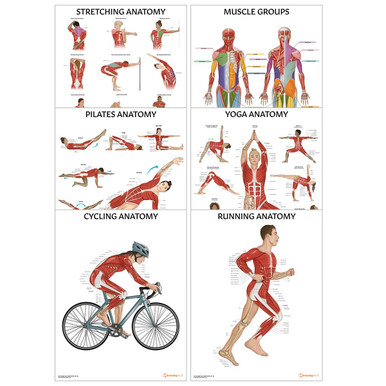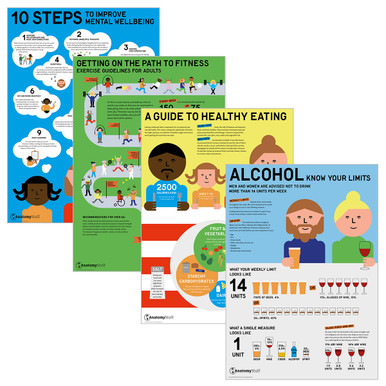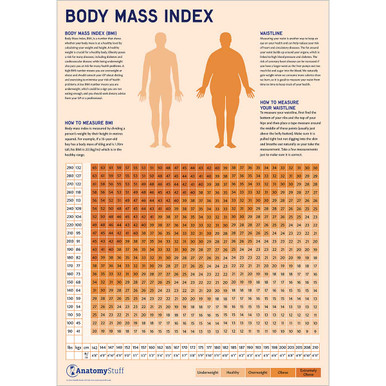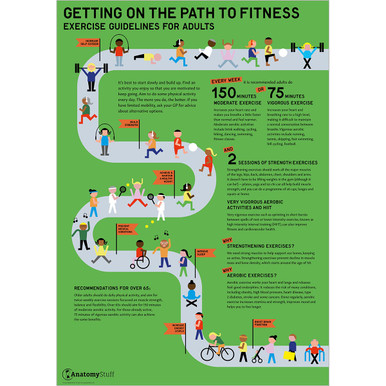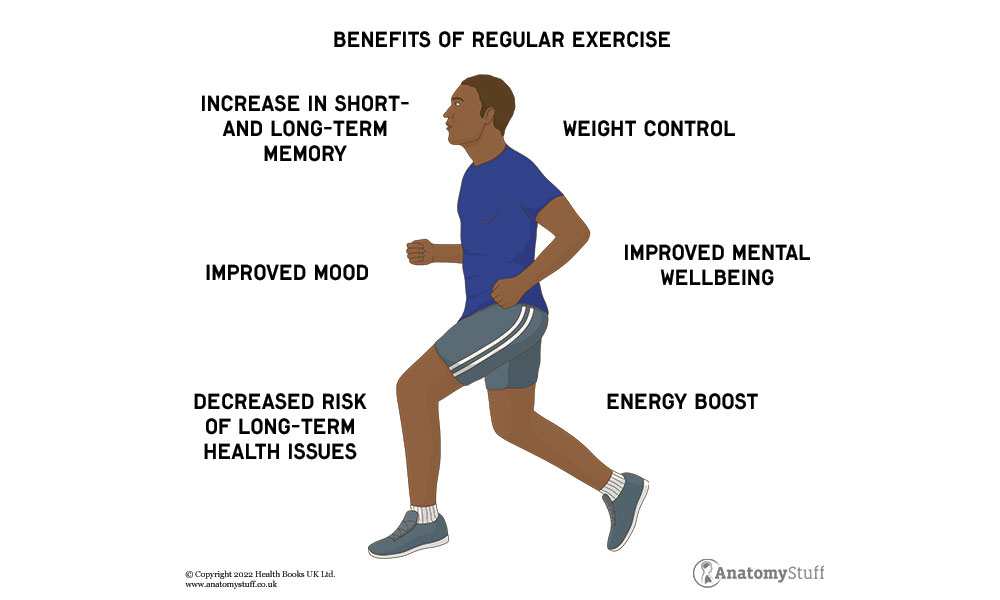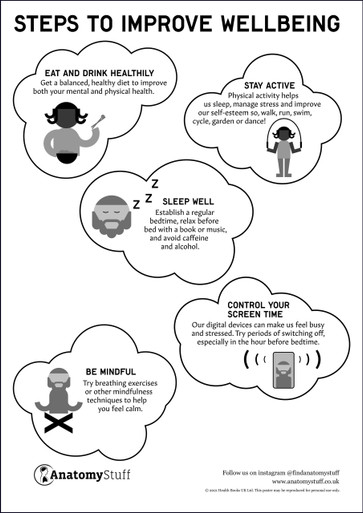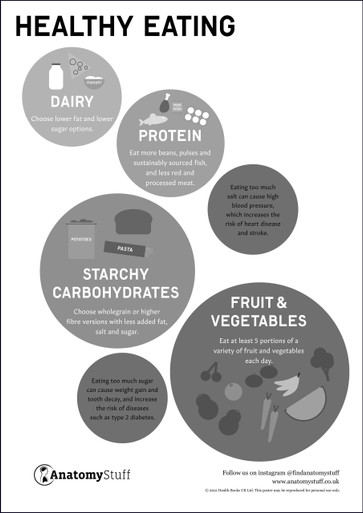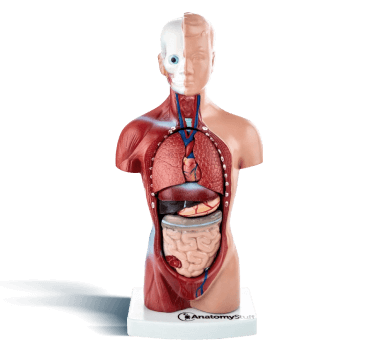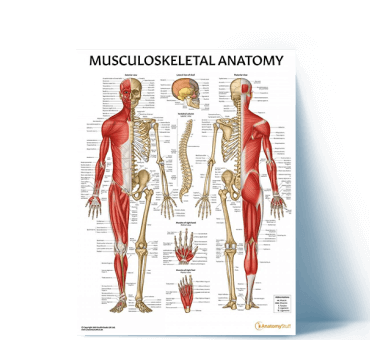Exercise guidelines in the UK
Exercise guidelines for adults (between 19 and 64 years old) advise that we should either complete 75 minutes of vigorous activity or 150 of moderate activity over the course of a week. In addition to this, we should do muscle-strengthening exercises twice a week. You don’t have to be stuck inside a sweaty gym or spending any money to achieve your targets, though: simply get outdoors!
Everyone understands the value of exercise, but do you know why it is so important?
The importance of exercise
Exercise is beneficial to both the body and the mind. While exercising, the body produces hormones that make you feel better. It can help you get better sleep and lowers the chance of developing illnesses. Exercising regularly reduces a person’s chance of acquiring a variety of ailments, including obesity, type 2 diabetes, and high blood pressure.
The body undergoes a variety of modifications and functions as we exercise. While short-term training might make you feel tired, that’s a good signal that you’re working hard. You may not see the benefits of exercise immediately, but if you stick with it, you’ll reap the rewards of all the wonderful things our bodies can accomplish when we exercise.
The following are some of the immediate and long-term impacts of exercise:
What are the benefits of regular exercise?
Weight Control
One of the most frequent advantages of exercise is that it aids with weight control and management. It burns calories, which leads to weight loss. Although vigorous activity burns more calories, even basic workouts like going for a quick stroll can help you lose weight.
Energy
To keep energized is one of the many reasons to exercise on a daily basis. Exercise can help oxygen flow more efficiently throughout the body and give you a much-needed surge of energy to carry you through the day rather than reaching for that second cup of coffee. It also boosts your general endurance, which might help you stay energized for longer in the first place.
Mental Acuity
Mental acuity, or how bright and healthy our minds are, is crucial for everything we accomplish. Mental power is essential for fundamental duties, whether it’s in your work or home life. You may observe an increase in your short- and long-term memory, find it simpler to focus and concentrate and taking up new abilities may become a lot easier.
Mental Health
According to research, exercise benefits your physical, emotional, and mental health. You could work out with a friend and gain emotional support as well. So, the next time you’re depressed, nervous, or upset, give exercise a go.
Improved Mood
Exercise has been shown to improve mood by releasing chemicals in the brain that make you feel better and help you cope with depression, ADHD, and anxiety. It can also help you sleep better at night, which is vital for keeping a positive attitude. When you exercise at a high intensity, your body and brain release hormones and neurotransmitters that improve your mood, memory, energy levels, and overall sense of well-being.
Well-being
In addition to all of the immediate benefits, regular exercise can help you avoid long-term health issues such as heart disease and diabetes. Working out boosts your good cholesterol and decreases your risk of serious medical issues, such as heart disease.
Free PDF Downloads
View AllReduced Blood Pressure
Blood pressure relates to how hard our hearts have to work to pump blood throughout our bodies in a nutshell. Our hearts have to work harder due to high blood pressure, placing us at risk for heart disease and other consequences. Physical activity keeps our hearts healthy and makes them stronger over time.
Here are some simple exercise suggestions to get you started
Choose an enjoyable hobby or exercise and stick to it. Walking, cycling, and swimming are all excellent ways to improve your health and are reasonably simple to begin. Set reasonable goals for yourself. It might be disappointing to anticipate excellent results, and it can also be detrimental if you push your body to get them. Take it one step at a time.
Exercise can be used to supplement or replace some of your everyday activities. Walking to the shop, cycling to work or taking a 15-minute stroll during your lunch break can all assist. If you’re stuck at a desk for an extended amount of time and are genuinely suffering, there are specific desk exercises you can do. Exercise causes numerous brain chemicals to be released, which might make you feel happier and calmer. Regular exercise might help you feel more confident and self-assured. You may also have a feeling of achievement, which raises your self-esteem and makes you feel better: pent-up tension and stress in your muscles and mind decrease due to your activity.
There is nothing to lose by making these small changes to your daily routine, so why not start now? Simple modifications like substituting fruit for chips, climbing the stairs, eating a nutritious breakfast, or parking further away, so you have to walk a few minutes longer, are all beneficial. These adjustments will not only improve your health but will also make you feel better. You will have more energy, be in better moods, and sleep better. All these factors contribute to better life choices and improved quality of life!
Related Products
View All